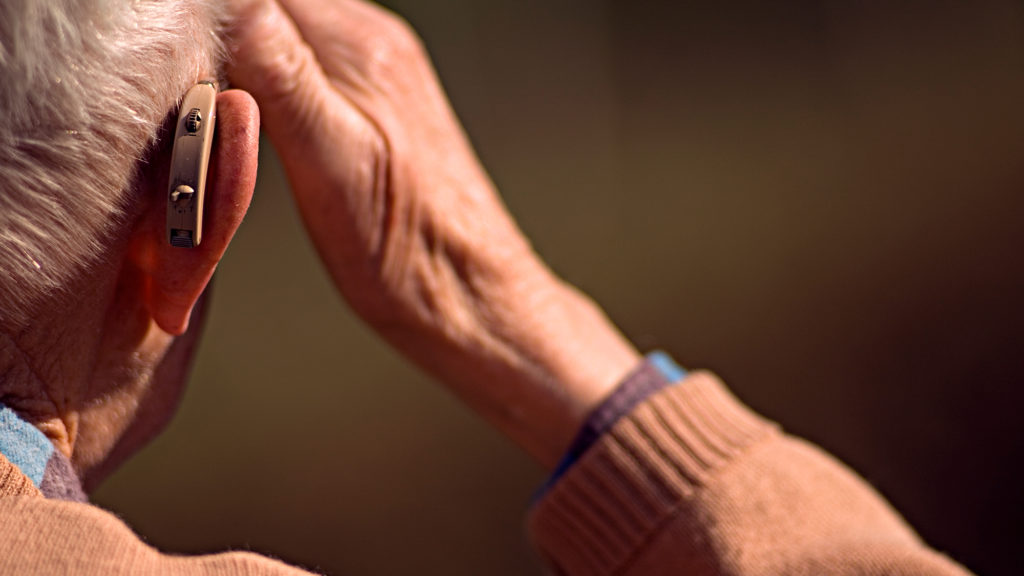
People who have severe or profound hearing loss may benefit from having cochlear implants. But only a minority of older adults who could use them are being referred for them. And certain populations are less likely to be informed that they’re eligible for the devices or referred for them.
The study authors wanted to determine what factors influence the referral process. The investigators also wanted to pinpoint factors that are affecting whether healthcare professionals had discussed the option of referral, according to the study published Thursday in PLoS Medicine.
The study was conducted over a six-month period in 2021. Data was derived from 36 urban hospitals in England, Wales and Scotland; 86.2% of the people lived in England. The average age of people was 72 years old. Of the hospitals, 25% conducted cochlear implant assessments. Of those studied, 75.3% were white, 6.3% were Asian, 1.5% were black, 4.6% were in another ethnic group, and 0.05% were mixed.
Of 6,482 people who met the criteria for implants, 311 already had them. Of the rest, 35.7% were told they were eligible, but just 9.7% were referred for an assessment.
The findings jibe with another figure in the report: Only about 5% to 10% of those eligible for implants actually get them.
Adults less likely to be referred were those who lived in poorer socioeconomic areas, those in London specifically, people who were men and those who were older. People were also less likely to be informed that they were eligible for implants if they were Asian or black (compared to white people).
“These data suggest that the majority of adults meeting … criteria for cochlear implantation are not being referred appropriately for cochlear implant assessments, indicating significant disparities in patient management based on socioeconomic status, ethnicity and sex,” the authors wrote.
The authors noted that the study focused on people who had already sought hearing healthcare, potentially underrepresenting Asian and black communities.
Another study published on March 28 in Trends in Hearing better defined the states of social isolation that older people with hearing loss experience. These states include disengagement, which means zoning out or having attention lapses; social withdrawal means they leave gatherings early or avoid them completely; in social isolation, older people with hearing loss won’t connect with others, the authors noted.



